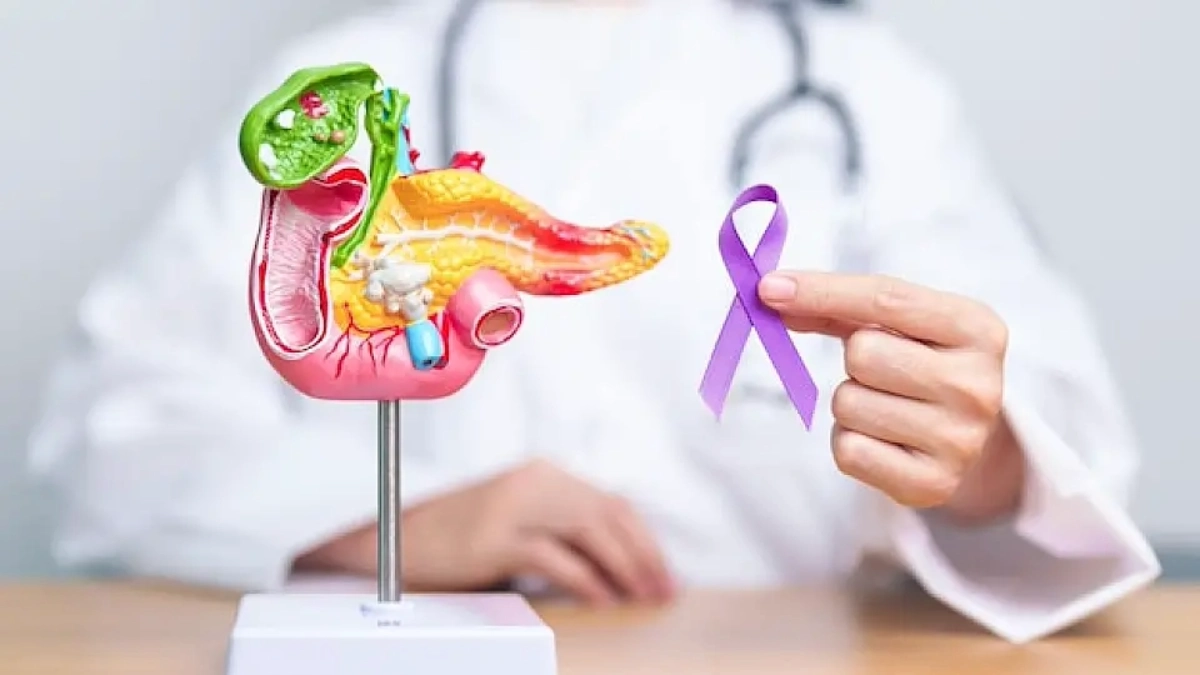Bile duct cancer treatment in Turkey offers an array of therapies and diagnostics for patients diagnosed with cholangiocarcinoma, a cancer found anywhere in the bile ducts. These ducts are vital digestive system components, linking organs such as the liver and gallbladder. The severity of bile duct cancer significantly hinges on its location within the ducts, its size, whether it has metastasized, and the patient’s overall health. Turkey’s healthcare system provides extensive expertise in addressing bile duct cancer through innovative treatments and diagnostic evaluations.
Understanding Bile Duct Cancer (Cholangiocarcinoma)
Bile duct cancer, or cholangiocarcinoma, affects the small tubes or bile ducts that are responsible for transporting bile and connecting organs like the liver and gallbladder. Therefore, recognizing the symptoms and potential causes is essential for an effective treatment approach. Initially, bile duct cancer symptoms can be subtle and difficult to detect. For instance, they may include jaundice, itchy skin, dark urine, pale stools, and loss of appetite. As the condition progresses, advanced symptoms may emerge, such as abdominal pain, fatigue, fever, and unexplained weight loss. The likelihood of developing bile duct cancer increases with certain conditions and lifestyles such as age, liver diseases, hereditary conditions, metabolic disorders, and exposure to specific toxins.
Symptoms of Bile Duct Cancer
The symptoms of bile duct cancer can be subtle and elusive. Main symptoms include jaundice, which manifests as the yellowing of the skin or eyes, itchy skin, darker urine, pale stools, and more systemic symptoms like loss of appetite, unexplained weight loss, fatigue, and fever. Some may experience abdominal pain, nausea, or vomiting, particularly if the cancer affects the stomach area. Given that these symptoms can also indicate other conditions, a timely and accurate diagnosis is critical.
Causes and Risk Factors of Bile Duct Cancer
While anyone can develop bile duct cancer, specific factors can increase the risk, including inflammatory bowel disease, liver cirrhosis, hepatitis infections, and other chronic conditions affecting the liver and digestive system. Lifestyle choices such as smoking, alcohol consumption, and obesity also contribute to higher risks. Understanding these factors is crucial for prevention and early intervention, often emphasized in Turkey’s cancer treatment protocols.
Diagnostic Procedures for Bile Duct Cancer
Diagnosis of bile duct cancer in Turkey is carried out using technology and involves a series of tests designed to provide a view of the patient’s condition. Key diagnostic procedures include liver function tests, tumour marker tests, imaging tests like ultrasound, CT scans, MRI, and endoscopic procedures such as ERCP. Accurate diagnosis ensures personalized treatment plans, aligning with the high medical standards observed in Turkey’s oncology centres.
Tests for Bile Duct Cancer
In Turkey, advanced diagnostic protocols help identify bile duct cancer accurately. These typically begin with liver function tests and tumour marker tests, although elevated levels alone don’t confirm cancer. Imaging tests—ultrasounds, CT scans, MRIs with MRCP—provide detailed views of internal organs and structures. Doctors may use techniques such as ERCP or PTC to visualize the bile ducts more precisely. Biopsies, whether through endoscopic ultrasound or fine-needle aspiration, provide definitive diagnosis, with considerations for impacts on treatment eligibility, such as liver transplant suitability.
Treatment Options for Bile Duct Cancer
Treatment for bile duct cancer in Turkey encompasses a multidisciplinary approach, which is tailored to the individual’s specific type and stage of cancer. Typically, this includes surgery to remove the cancer or alleviate symptoms. In addition, chemotherapy and radiation therapy are commonly used. Furthermore, doctors are increasingly offering emerging treatments like targeted therapy and immunotherapy. New treatments for bile duct cancer are continuously being explored, reflecting the innovation present in Turkish medical facilities.
Surgical Interventions
Surgery remains a pivotal option, particularly for early-stage or resectable cancers, wherein parts of the bile duct and adjacent tissues may be removed. Surgeons may recommend operations to relieve symptoms and manage complications even when cancer is not amenable to removal. The bile duct cancer surgery success rate in Turkey is encouraging, with many patients experiencing significant improvements.
Chemotherapy and Radiotherapy
Chemotherapy is often utilized post-surgery to eradicate remaining cancer cells or manage symptoms in non-resectable cases. It may also be combined with radiotherapy, leveraging the synergy between these therapies to combat aggressive cancer cells. For patients diagnosed with cholangiocarcinoma treatment stage 4, palliative care becomes critical, focusing on managing symptoms and improving quality of life.
Targeted Medicines and Immunotherapy
Targeted drugs and immunotherapy represent forefront treatment strategies that enable tailoring treatment to specific genetic mutations found in cancer cells. This approach reflects the precision medicine protocols widely adopted in Turkey’s cancer centres, fostering promising outcomes for patients.
Managing Symptoms and Palliative Care
Managing symptoms through palliative care is an essential component of overall treatment, focusing on improving comfort and quality of life. Patients may receive support to address symptoms like weight loss, jaundice, or pain, creating a balanced approach to care that aligns with their therapeutic journey.
Comprehensive Support and Palliative Care
Comprehensive care for bile duct cancer patients in Turkey extends beyond medical treatment to include psychological support, nutritional counselling, and rehabilitative services, acknowledging the multifaceted challenges faced by patients and families during cancer treatment. Palliative care teams are integral, providing symptom management and improving life quality through holistic strategies tailored to individual needs. This approach ensures that every aspect of patient well-being is addressed, aligning with the patient-centred philosophy of Turkish medical institutions.
Post-Treatment Monitoring and Follow-Up
After initial treatment, regular follow-up is crucial to monitor for recurrence and manage any long-term side effects. In Turkey, patients receive detailed follow-up plans. These include periodic imaging tests, blood work, and consultations with an interdisciplinary team of specialists. Moreover, this post-treatment care addresses any changes in the patient’s condition and adapts treatment strategies as needed. This ensures that potential complications or recurrences are detected and managed early.
By choosing bile duct cancer treatment in Turkey, patients benefit from cutting-edge medical technology, experienced healthcare professionals, and a comprehensive care framework dedicated to improving outcomes and enhancing the quality of life. Facilities like Avicenna International Hospital offer high-quality healthcare services with affordable prices and specialist doctors in the medical field. With its high standard of medical care and emphasis on innovation and patient support, Turkey remains a top destination for individuals seeking treatment for cholangiocarcinoma as well as gallbladder cancer treatment.
The best location depends on access to advanced treatment, cost, proximity to support, and language/cultural preferences.
A multidisciplinary team includes surgical and medical oncologists, radiation oncologists, gastroenterologists, hepatologists, pathologists, and palliative care specialists.
Targeted therapies, immunotherapy, minimally invasive surgery, advanced radiation therapies, and combination therapies.







